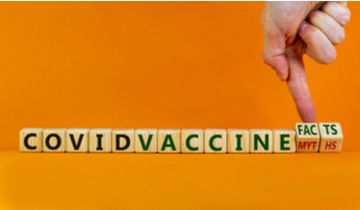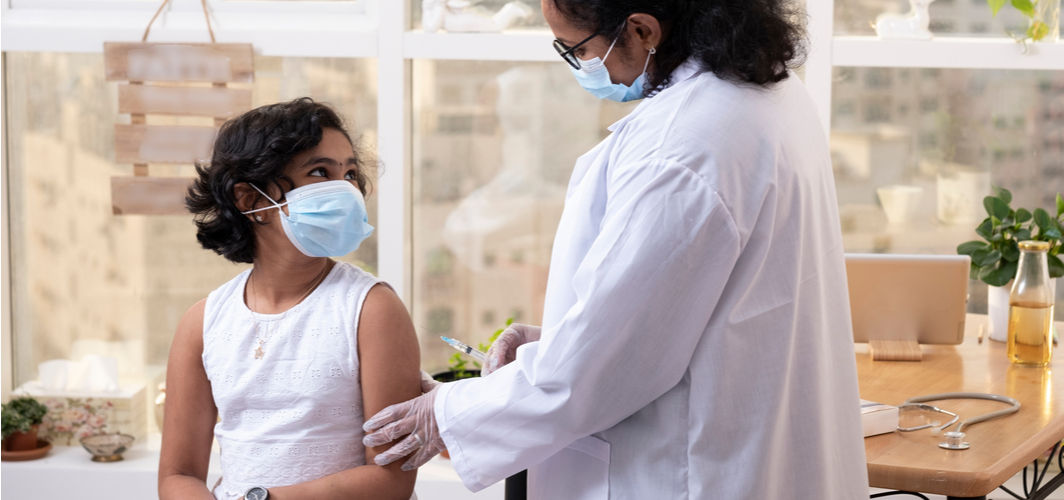COVID-19 Vaccines
Part II: Debunking COVID-19 Vaccine Myths with Facts
3 min read
By Apollo 24/7, Published on - 09 February 2021, Updated on - 18 October 2022
Share this article
1
5 likes

COVID-19 Vaccines: Myths and Facts
Myth #1: People who have recovered from COVID-19 don’t need vaccines
Myth #2: People with underlying medical conditions shouldn’t get a COVID-19 vaccine
Myth #3: Healthy people with good immune function don’t need a COVID-19 vaccine
Myth #4: People who have received the COVID-19 vaccines will test positive for the virus
Myth #5: People who have received COVID-19 vaccines can stop wearing masks
Conclusion
COVID-19 Vaccines
Leave Comment
Recommended for you

COVID-19 Vaccines
Anyone aged over 45 years can now get vaccinated for COVID-19
The Indian government recently announced that everyone aged 45 years and above would be eligible for COVID-19 vaccination in the country, starting from 1st April 2021.

COVID-19 Vaccines
Will the Approved Vaccines be Effective Against the Mutated Coronavirus Variants?
Although testing the new variant strains will take some time, most scientists believe that the approved vaccines will most likely be effective against the new strains.

COVID-19 Vaccines
ZyCoV-D: The world’s first DNA plasmid-based COVID-19 vaccine
ZyCoV-D is the sixth vaccine to be approved in India and the only one to be approved for adolescents in the 12 to 18 years age group.
Subscribe
Sign up for our free Health Library Daily Newsletter
Get doctor-approved health tips, news, and more.
Visual Stories

COVID-19 Vaccine Factbox: Bharat Biotech
Tap to continue exploring
Recommended for you

COVID-19 Vaccines
Anyone aged over 45 years can now get vaccinated for COVID-19
The Indian government recently announced that everyone aged 45 years and above would be eligible for COVID-19 vaccination in the country, starting from 1st April 2021.

COVID-19 Vaccines
Will the Approved Vaccines be Effective Against the Mutated Coronavirus Variants?
Although testing the new variant strains will take some time, most scientists believe that the approved vaccines will most likely be effective against the new strains.

COVID-19 Vaccines
ZyCoV-D: The world’s first DNA plasmid-based COVID-19 vaccine
ZyCoV-D is the sixth vaccine to be approved in India and the only one to be approved for adolescents in the 12 to 18 years age group.